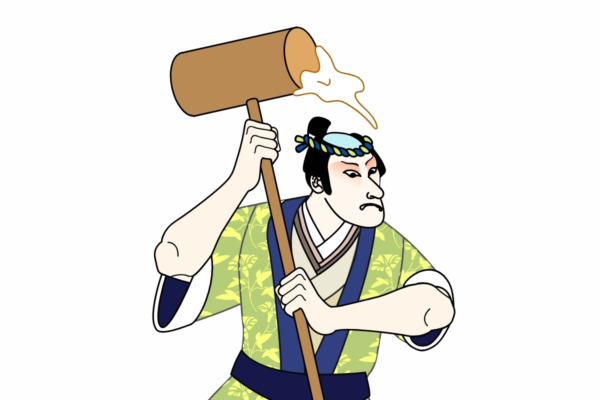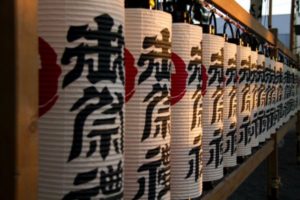The BFI has announced the full schedule for a two-month season dedicated to Kinuyo Tanaka, an actor and filmmaker who played a major part in the history of Japanese cinema; KINUYO TANAKA: A LIFE IN FILM will run from August 1 to September 30 at the BFI Southbank.
Tanaka’s work as a director and the six groundbreaking films she made as one of Japan’s first female film directors will be celebrated in August, with all of them presented in new 4K restorations.
Tanaka’s work with notable directors such as Yasujiro Ozu, Mikio Naruse, and Kenji Mizoguchi will be featured in September.

Kinuyo Tanaka: Film Pioneer
A season introduction, Kinuyo Tanaka: Film Pioneer, on 8 August will guide its audience through the film selection.
The richly illustrated talk will explore how Tanaka came to be considered one of the greatest actors in the history of Japanese cinema before she moved on to become a ground-breaking filmmaker with a focus on distinctly feminine topics.






Kinuyo Tanaka: The Actor
The season continues in September by celebrating Kinuyo Tanaka, the actor. Six of her most notable roles will be screened at BFI Southbank




















































